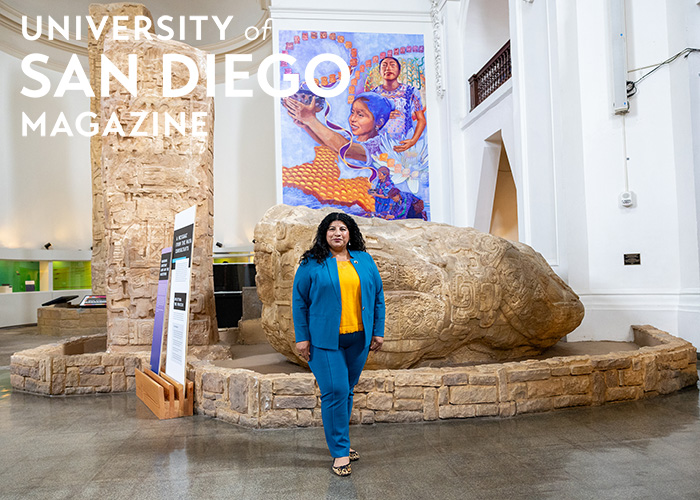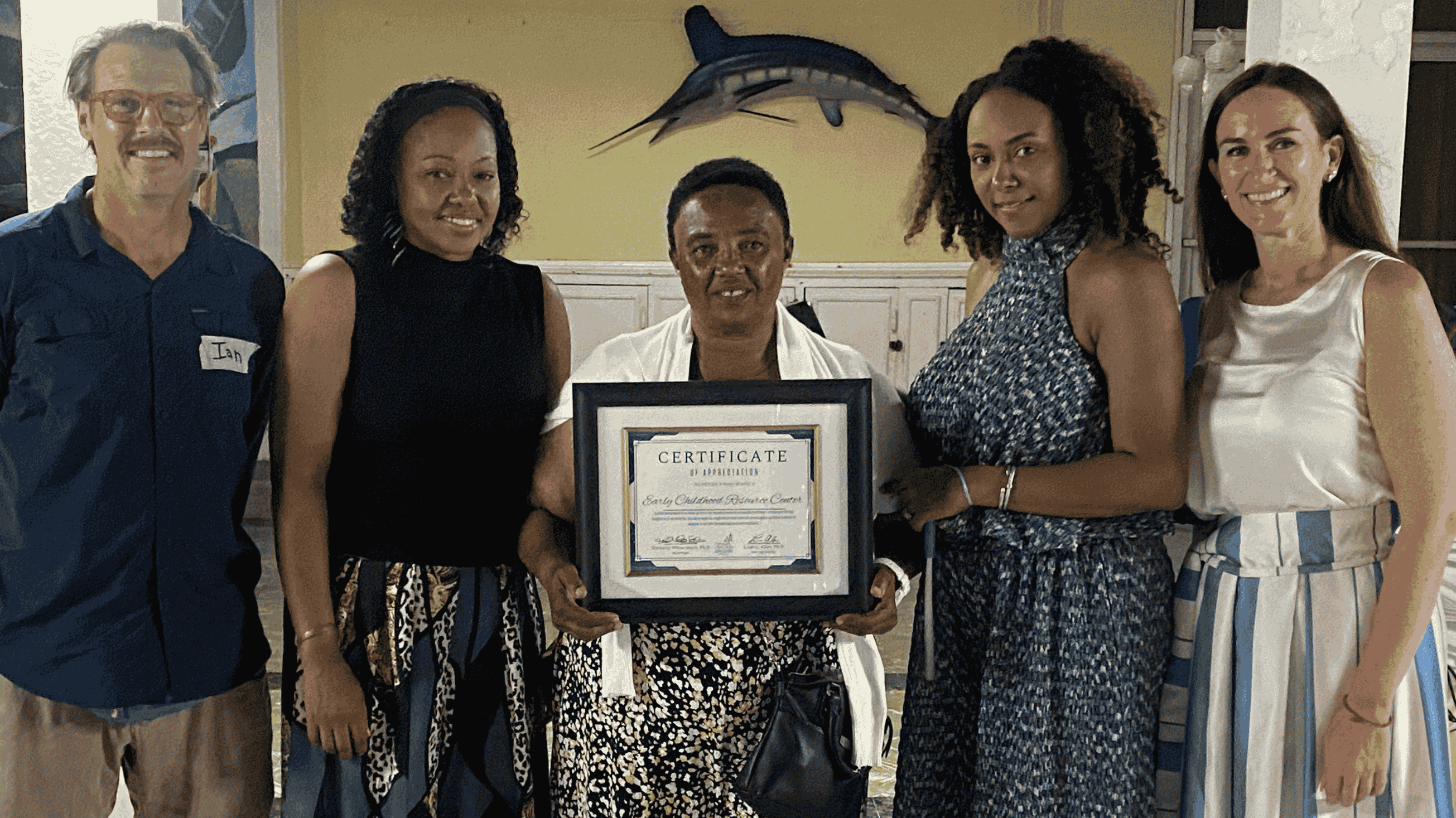Pulido Honored, Community Space Revealed
Originally appeared in Inside USD (Fall 2014).
Alberto Pulido was in his element. Good food, good company, good music and friendship. He was
smiling, standing among a throng of community members, both those from Logan Heights and
colleagues from the University of San Diego, to celebrate a professional achievement and part of
something that’s personally gratifying.
Pulido, an Ethnic Studies professor at USD and a lifelong community-minded activist, received USD’s
2014 Innovation in Community Engagement Award on Sept. 17. Presented by USD Chemistry
Professor Peter Iovine, and Chris Nayve, director of USD’s Center for Community Service-Learning,
the award went to a deserving professor. Bbut, as is Pulido’s demeanor, the occasion also signaled a
continuation, a deepening of his commitment to community.
The Bread and Salt Building in Logan Heights, located at 1955 Julian Avenue, was the site for the
presentation. It’s also where a new co-located space between 40-year- old Via International
organization and USD involvement enables the latter to be present in the community, working
alongside its members on an important sustainable project.
Called Self-Determination through Documentation and Archiving the History of Logan Heights, this
project preserve the area’s rich community history and to keep it within the community. The
collaborative project group consists of community members, Pulido, Nayve and the Chicano Park
Steering Committee and support from USD’s Department of Ethnic Studies.
The project is rooted in love and appreciation for what is present and to ensure its future. Pulido has
been a major ally for the community since Rigo Reyes and others sought to preserve the area so that
future generations can also maintain pride in this community.
Having access to a new space (pictured), which features a large upstairs loft with office desks for
Pulido and others to do their work, and having it within the heart of the community is critical.
“This is a beautiful idea,” said Noelle Norton, dean of USD’s College of Arts and Sciences, which is co-
sponsoring USD’s involvement along with the Office of the Provost and the Center for Community
Service-Learning. “This is something at USD we love to do, are proud to do, are happy to do because
of a vision that we need to come down from USD, come down from our community and be a part of
everything. I’m so proud to be part of your vision and I thank you, Alberto, for helping this become a
reality.”
The pathway to this reality started a few years ago when Reyes and others reached out. Incorporating
help from USD students, faculty, staff and locals, Pulido published an informative picture book
documenting the many murals within Chicano Park. It resulted in a detailed, sustainable map that
names each mural, the artist responsible for it, the year it was created and, in some cases, restored.
As part of a restoration grant, the map will be stationed at the park to guide and inform visitors about
what they’re seeing and to give the original artists credit for their contributions to the community.
Another project Pulido took on at the request of Reyes was to direct a film documentary, Everything
Comes from the Streets. It traces the origins and history of lowriding in San Diego. Pulido’s
documentary shed considerable light on the contributions of men and women, from Tijuana to San
Diego, to this cultural pastime. The documentary enlightens and provides an opening for further
discussion and discovery.
Pulido views those projects and the ongoing archiving to be in line with a value his mother speaks of
often — the importance of educacion.
“It was more than just education, it was a means to educate the community, to be well mannered and
to have respect for elders,” Pulido said. “When I entered the academic thing, I was always seeking it.
Not just educated people who had degrees, but people with self-respect, self-love, those who knew
education was about the whole person. It wasn’t just about educating the mind, but the mind, body
and spirit.”
Pulido was honored for his efforts to provide educacion to all and he’s eager to see more of it through
the new space and this newest project.
“I came back to the community, because that’s where the educacion is for me. We tend to educate the
mind, but not the heart. That’s what people have here in this community. This is the community that’s
here and that’s why the work is done, why it is important.”
— Ryan T. Blystone



